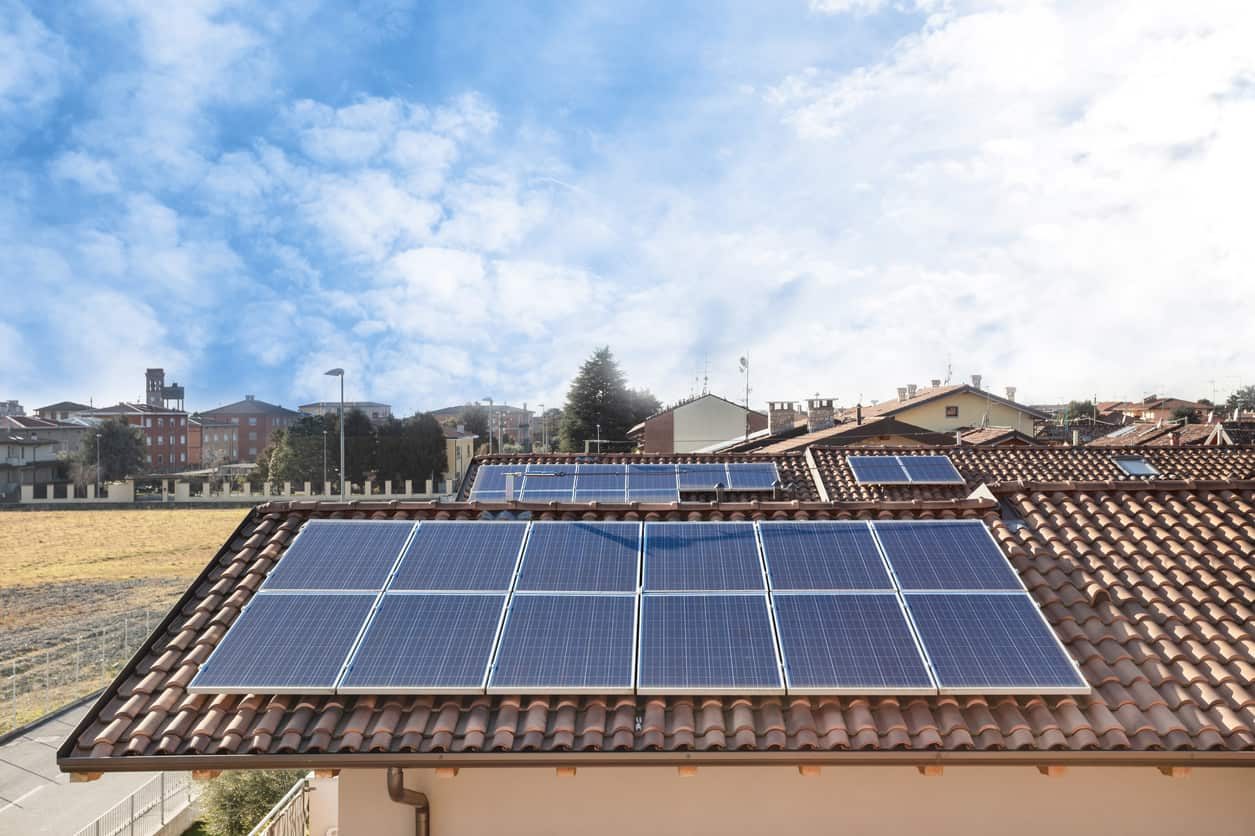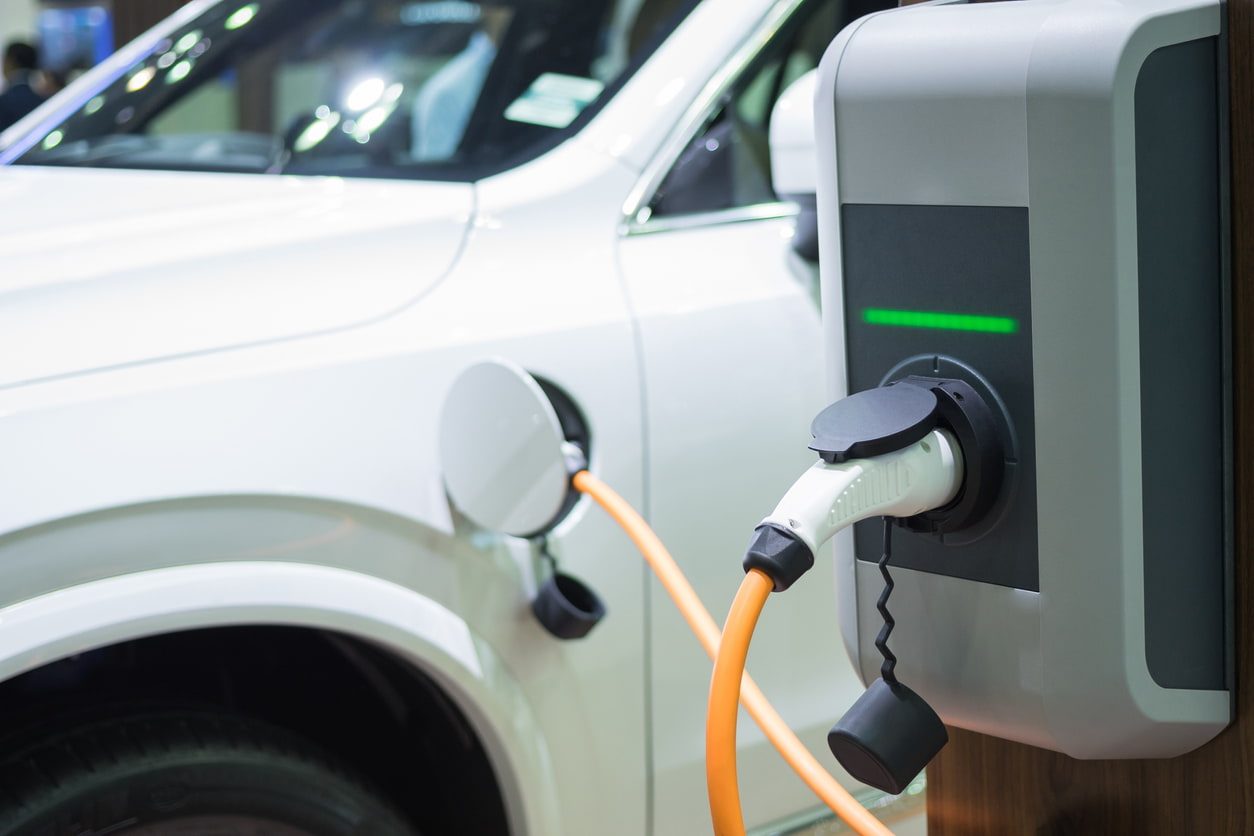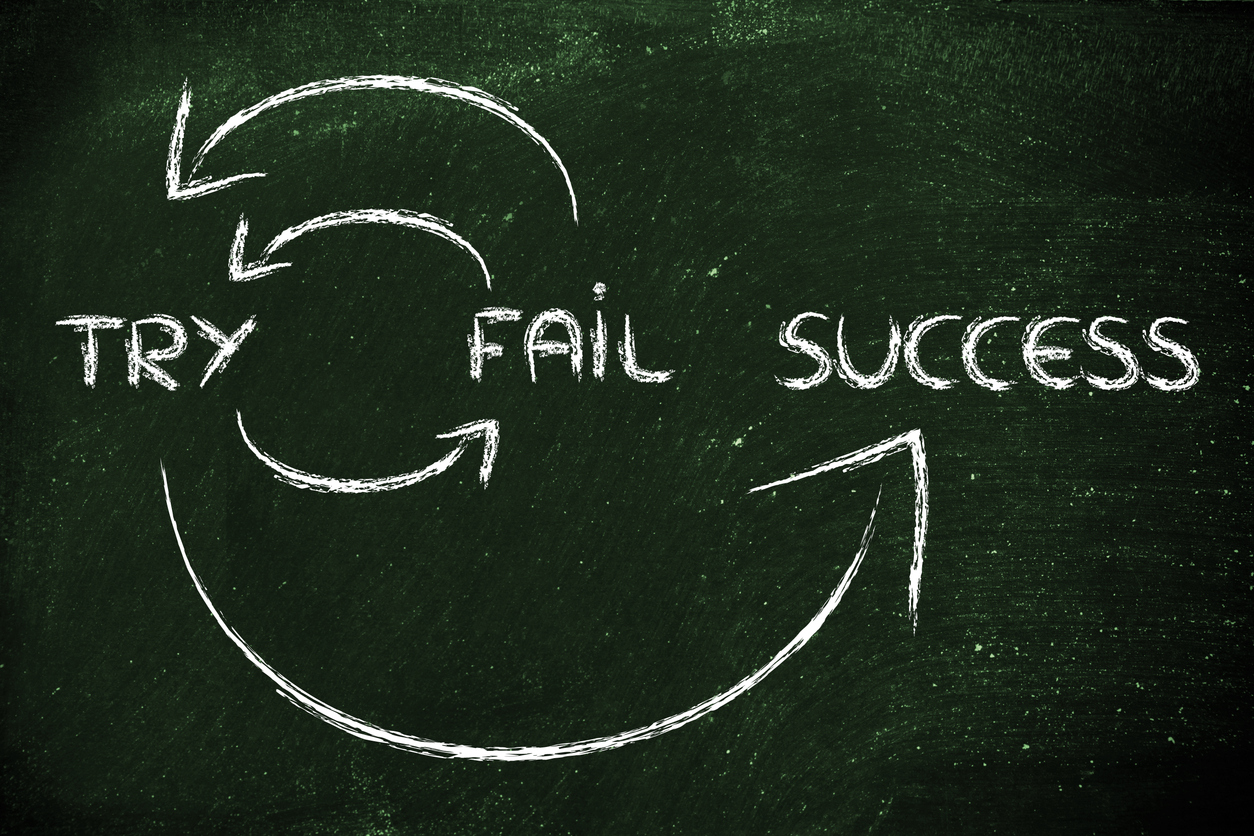The Green transition: what is it and how can it be boosted?
Did you know that, by 2050, two-thirds of the global population will live in cities? That's 20% more than now. According to a study conducted by the United Nations (UN), today, cities consume over 75% of natural resources, emit 60 - 80% of greenhouse gases and produce over 50% of global waste. So, if cities continue their endless expansion, just how far will the consequences reach?
The reality is that we need to leave behind the “take-make-waste” economy in which raw materials are collected and turned into products that, after being used, are discarded as waste - i.e. the very opposite of the sustainable circular economy concept. The only way for humanity to continue inhabiting this planet is to rethink the discourse on infinite growth and transform how we exploit the resources Earth provides. That's why, if we want to guarantee our future, we need to support the green transition. But do you know exactly what that is? Let us explain.

What is the green transition?
The green transition refers to the social change strategy that will allow us to turn the current environmentally unsustainable global situation into a new sustainable paradigm "that drives development and peace, aiming to improve the living conditions of all", as per the manifesto published by UN-Habitat in its Strategic Plan 2020-2023. The primary objective of this Plan is to promote a sustainable urban future, given that the growth of cities is an unstoppable trend and that we’ve reached a point where we have to turn the disadvantages into opportunities.
Likewise, the green transition also involves combating climate change through specific actions, such as the imperative reduction of greenhouse gas emissions, because, according to the World Health Organisation (WHO), 9 out of every 10 people in the world breathe polluted air.

What is the Paris Agreement and what did it decide?
The foundations of what we now call green transition were laid out in the Paris Agreement. This was the "first international, universal and legally binding agreement on climate change, adopted by the Paris Climate Change Conference (COP21) in December 2015. Its main aim was to ensure, through a variety of means, that global temperatures never exceed more than 1.5% of pre-industrial era levels.
But what measures can countries take to achieve this goal, so important to the survival of mankind?
Drafting and prioritising a climate action plan. In Spain, for example, the Ministry of Industry, Energy and Tourism became the Ministry for the Green Transition and Demographic Challenge.
Promoting decarbonisation and favouring green energy over fossil fuels.
Committing to green transport.
Increasing investment in energy efficiency.
Supporting business and science innovation.
Designing competitive electricity markets.
Drafting action plans and national strategies for the circular economy.
Increasing 'green' public investments.
Through these and many other measures, every country commits to fostering the green transition from within their own territory, to ensure that our planet attains a new, sustainable reality.
In fact, Europe-wide and following arduous negotiations in 2021, these climate objectives were renewed, being adapted to the current environmental emergency. The goal is to reduce greenhouse gases by 55% by 2030, and from 2050, to make Europe a 'negative' emitter, with greater capacity to offset emissions than to produce them.
How can you be part of the green transition?
Opting for green energy, travelling on public and sustainable transport and working on public awareness are important factors in the green transition, but the reality is this: real change can only be achieved through an inclusive and collaborative approach by all sectors of society.
Both at the individual and business level, it is vitally important to support innovation projects that contribute to sustainability beyond green-washing and, in turn, continue training and development to be able to join the change in a transformative role.
A great example of the fact this is possible is the city of Lahti, chosen as European Green Capital 2021. This is a Finnish town that, thanks to cooperation between citizens, businesses and the authorities, has gone from an industrial town to being a benchmark in sustainability, the circular economy and climate neutrality.

Santander Bank and its commitment to the green transition: Santander Sustainability Scholarships
The green transition will not be possible without people having the awareness, knowledge and skills needed to drive it; hence the huge importance of lifelong learning. With this goal, and as part of its commitment to education and lifelong learning as one of the most efficient means to accelerate the green transition, Santander Bank is launching the call for 1,000 Santander Open Academy | Skills for the Green Transition 2023, all this with Santander Universities and Cambridge Judge Business School, with which you will acquire the necessary tools to engineer a cleaner future.
Over six-weeks, in this 100% online course, you will gain an understanding of environmental challenges and acquire the tools you need to address them. You will create your own individual action plan, explore the impact of green initiatives on markets and organisations, as well as how companies are reacting to environmental pressures.
Additionally, if you successfully complete the course, you will receive a certificate from Cambridge Judge Business School, the world's leading research institution on today’s environmental issues. And remember, the course is free for all beneficiaries, whether or not they are Banco Santander customers, and does not require a university degree.
Are you over 18 and want to work for a cleaner future? If you want to acquire all the knowledge and tools to contribute to a sustainable development, sign up for the Santander Open Academy | Skills for the Green Transition 2023. Make the most of this opportunity and start generating solutions to lead the change!
(At this moment the Santander Open Academy | Skills for the Green Transition 2023 call has ended, but we encourage you to have a look at the Santander Open Academy website to find the training that best suits you and give a boost to your professional career. Make the most of the opportunity!).

Más posts interesantes que leer...
-
 12/04/2024 | Santander Universidades
12/04/2024 | Santander UniversidadesGrowth mindset: examples in the workplace to develop the right attitude toward challenges
Card text -
 01/03/2024 | Santander Universidades
01/03/2024 | Santander UniversidadesThe sandwich technique: how to deliver criticism in an assertive way
Card text